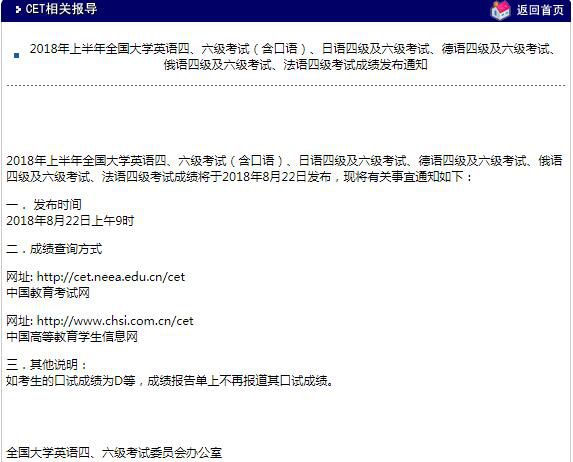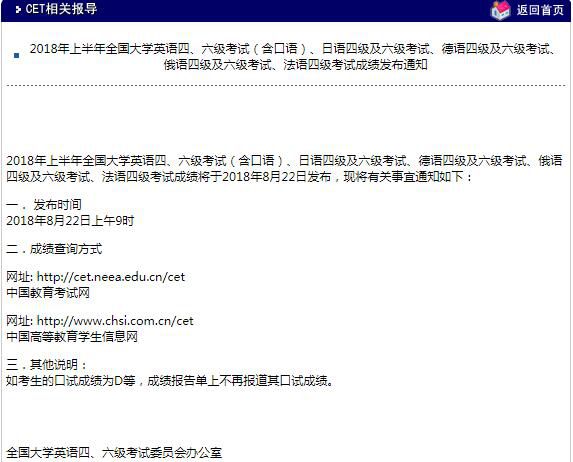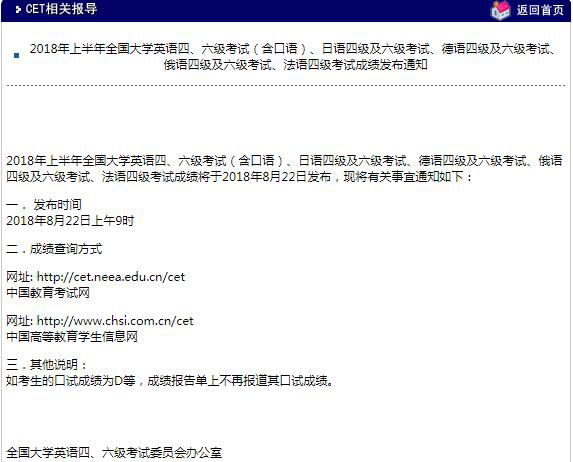Cleaner fuel comes at a price in Beijing
|
The Beijing municipal authorities have raised pump prices by up to 4 percent to cover the cost of cleaner fuel. Since yesterday, gasoline prices in Beijing have gone up by 200 yuan ($29.18) per ton, or more than 2 percent, with the increase depending on fuel quality. For example, gasoline 93, the most commonly used, now sells for 6.37 yuan (93 US cents) per liter, up 0.17 yuan from Monday. Gasoline 97 sells for 6.78 yuan per liter, up from 6.60 yuan. Diesel pump prices rose 290 yuan per ton, around 4 percent. The revisions are to help cover the cost of providing the city with cleaner but more expensive Euro-IV standard fuel, the Beijing municipal commission of development and reform said in a notice posted on its website (www.bjpc.gov.cn). It promised to subsidize the agriculture, forestry, mass transit and taxi sectors to cushion the impact of higher prices. Since the adoption of the Euro IV standards in the capital, there has been a notable improvement in air quality, the municipal government said. The clearer skies during the Olympic Games were so popular with the city's increasingly affluent and environmentally-aware residents, that officials decided to roll out a permanent car control scheme. They also aim to boost public transport and limit the number of new vehicles that hit clogged streets each year. "Primarily, the price rise compensates the cost to the oil companies, but it also sends a strong message to private car owners: To burn clean oil for your private car in Beijing, you need to pay more," Yang Fuqiang, chief representative of the US-based Energy Foundation in Beijing, told China Daily. Private car owners, however, seem to be caught in a dilemma as they began to feel the pressure from the price they pay for cleaner air. "I have been using gasoline 93 and I have to pay an extra 50 yuan ($7) each month because of the price hike. And taking into account the fact that I cannot drive my car one day a week, I don't think it's worthwhile to drive to work," said Liu Min, who drives to work every day. But some said they were unaffected by the price increases. "The increase is relatively easy to absorb for small-car owners like me," said Tian Xing, a 23-year-old. Experts said car owners should brace for more fuel price rises. The Beijing increases come on top of a nationwide hike in June of nearly 20 percent but it is not the first time residents of the capital have had to deal with fuel prices rising faster than for their compatriots. In a nationwide hike in March 2006, Beijing's prices rose more than the national average. The National Development and Reform Commission, the country's top economic planner, explained then that it was more expensive to refine Euro-III standard gasoline for the capital than the less-cleaner fuel used elsewhere in China. Before the Olympics, Beijing was again told to improve fuel standards and supply the less polluting Euro-IV. Domestic fuel prices have roughly doubled since early 2003, but they have lagged behind global markets, forcing the country's energy majors Sinopec and PetroChina to shoulder the losses on sales of refined fuel. The authorities have promised to eventually let the market set prices to promote more frugal use of energy and cleaner generation, but have been reluctant to act as they battled inflation. |








